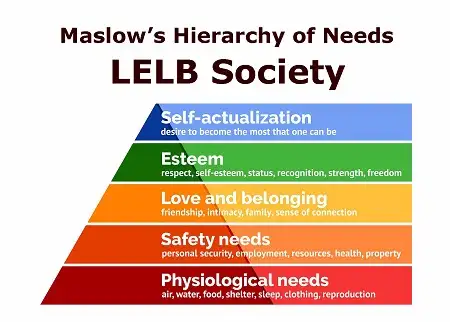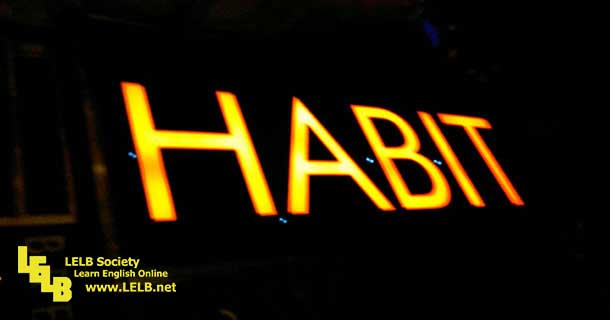Skinner and Behaviorism | TESL Issues
Skinner Skinner attempted to extend a classical behaviorist model of learning to language in his famous ‘Verbal Behavior’. His goal was to provide a way to predict and control verbal behavior by observing and manipulating the physical environment of the speaker. In his review of this work, Chomsky showed that the Skinnerian concepts for learning …








